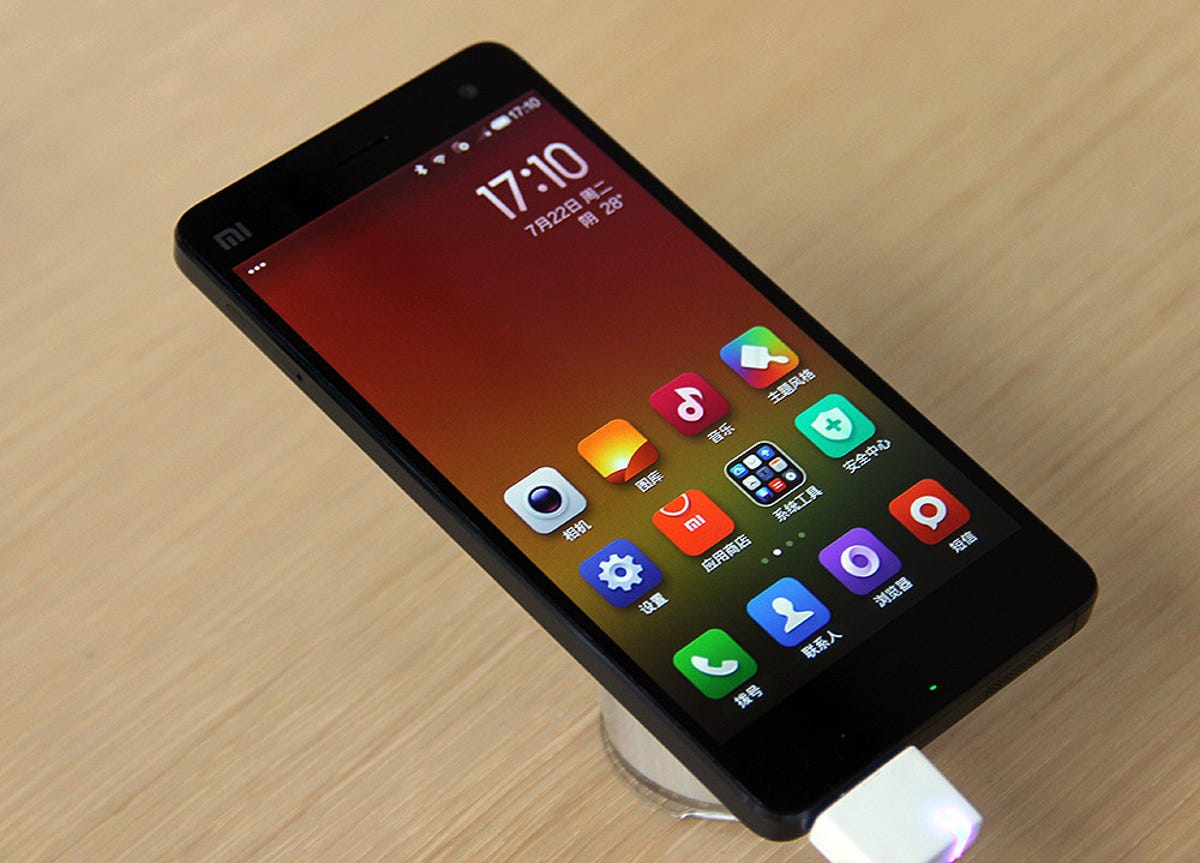
Aloysius Low/CNET
Xiaomi, a 4-year-old Chinese smartphone company that sells high-end handsets, is now the leading device maker in China.
During the second quarter of this year, Xiaomi was the most popular smartphone maker in China, earning 14 percent of the market, according to new data from research firm Canalys. Samsung, which has held the top spot in China since 2012, is now in second place with a 12 percent share. Lenovo took the third spot.
Xiaomi’s success has been due to its unique ability to capture the attention of the burgeoning consumer market in China. The company builds a wide range of high-end smartphones and offers them in somewhat limited quantities to build up demand. More importantly for Chinese customers, the devices come with nice designs, high-end features, and prices that are much lower than those from competing firms.
Related stories
- Five reasons why Xiaomi is a serious smartphone player
- Xiaomi jumps to fifth-largest smartphone maker worldwide
- Samsung warns second half will be tough as it reports weak Q2
- New Xiaomi Mi Band is ridiculously cheap
Late last month, Xiaomi unveiled the Mi 4 smartphone. The device, which looks surprisingly similar to the iPhone, has a 2.5GHz quad-core Snapdragon 801 processor, 3GB of RAM, and up to 64GB of onboard storage. The handset comes with a full-HD 5-inch display. It costs just 1,999RMB ($322) for the 16GB model, making it notably cheaper than the iPhone 5S, which is several hundred dollars more expensive.
Despite Xiaomi’s achievements with high-end devices, the company is still working to capture budget consumers. Xiaomi shipped 15 million units of its low-end Redmi series of devices last quarter, according to Canalys, representing a large portion of the 26.1 million handsets it’s sold so far this year. Xiaomi is the fifth-largest smartphone vendor in the world, according data from Strategy Analytics.
For consumers, the big question is what will the future look like for Xiaomi. The smartphone maker is expanding to several international markets this year, but it has not yet made the leap to the US. It’s not clear whether the company will be making that move the coming years.
As for Samsung, it’s just the latest bit of bad news for the Korean electronics giant. Samsung last week reported a tough second quarter for its mobile devices as operating profits dropped 25 percent. The company also warned that the second half of 2014 “will remain a challenge,” as competition in the mobile market leads to lower device prices.
CNET has contacted Samsung for comment on the Canalys research. We will update this story when we have more information.
(Via Computerworld)



